Profiles of Black Leaders
People of African descent have made Nova Scotia their home for more than 400 years. Despite centuries of prejudice, discrimination and exclusion, Black leaders championed equity, and inclusion for people of African descent and others in countless ways. This included advocacy and leadership that led to the creation of the Nova Scotia Human Rights Commission. In honour of African Heritage Month we reflect on the cultural values and history of people of African descent and the contributions they have made to the benefit of generations of Nova Scotians. Below are short profiles of a selection of prominent people of African descent to whom we are forever indebted.
Carrrie Mae Bestb. 1903 – d. 2001 (Source)
|
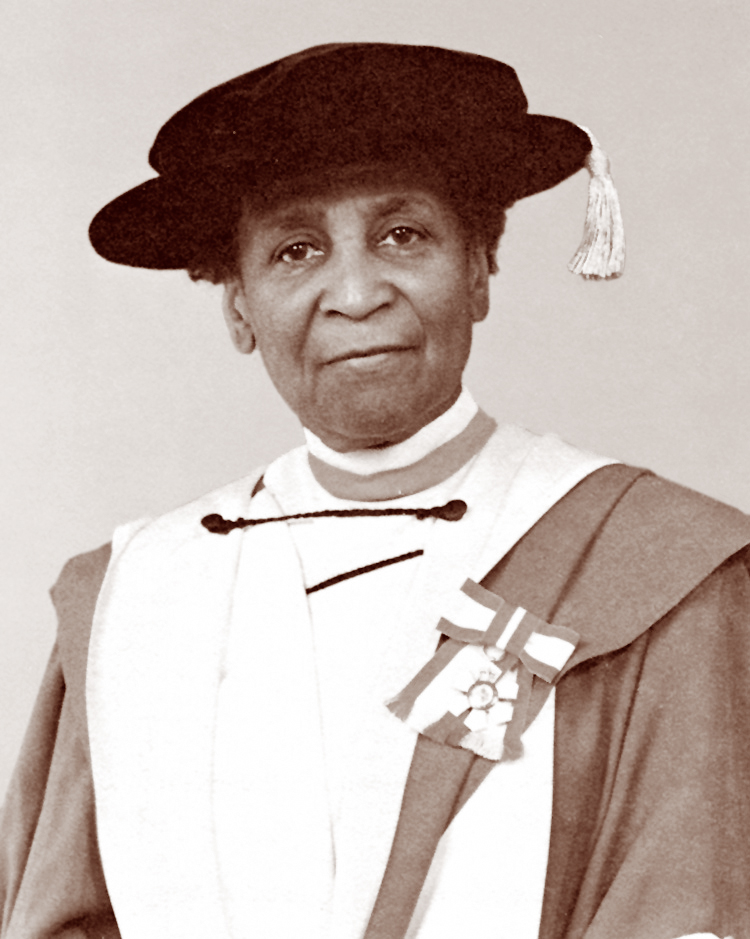 |
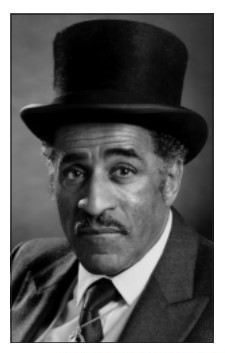 |
Delmore "Buddy" Dayeb. 1928 – d. 1995 (Source)
|
Dr. Donald Oliverb. 1938 (Source) Donald Oliver was born in Wolfville, NS. He had a long career as a lawyer and instructor of law and became the first Black Canadian appointed to the Senate in 1990. A real estate developer and lifelong supporter of the arts, he has been active in breaking down barriers of anti-Black systemic racism in Canada for more than 50 years.
|
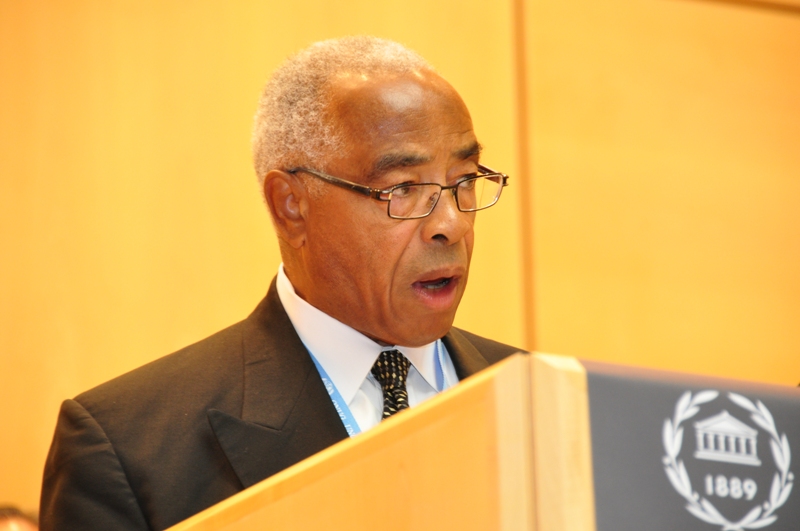 |
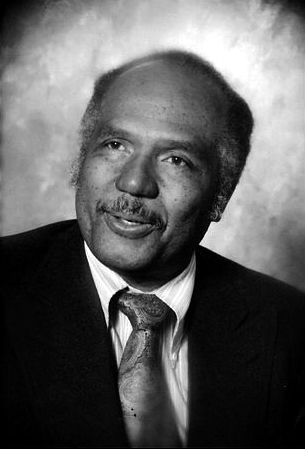 |
H.A.J. "Gus" Wedderburnb. 1929 - d. 2007 (Source) Gus Wedderburn was a lawyer in Halifax, a former school principal, and a civil rights activist who fought for the equality of African Nova Scotians. A driving force for many years in the Nova Scotia Association for the Advancement of Coloured People, he was a founder of the Black Educators Association, the Black United Front, the Nova Scotia Human Rights Commission, and the Black Cultural Centre. He was a vocal crusader for the rights of the disadvantaged at a time when discrimination in education, employment and housing was the status quo. |
Dr. Rev. William “Pearly” Oliverb. 1912 - d. 1989. (Source) Pearly Oliver was born in Wolfville, NS, and is considered the “Founding Father” of the Nova Scotia Association for the Advancement of Coloured People (NSAACP), co-founded the Black United Front (BUF) and founder of the Black Cultural Society of Nova Scotia in 1977 which led to the creation of the Black Cultural Centre in 1983. He was also instrumental in the work that led to the first Nova Scotia Human Rights Act and the Human Rights Commission.
|
 |
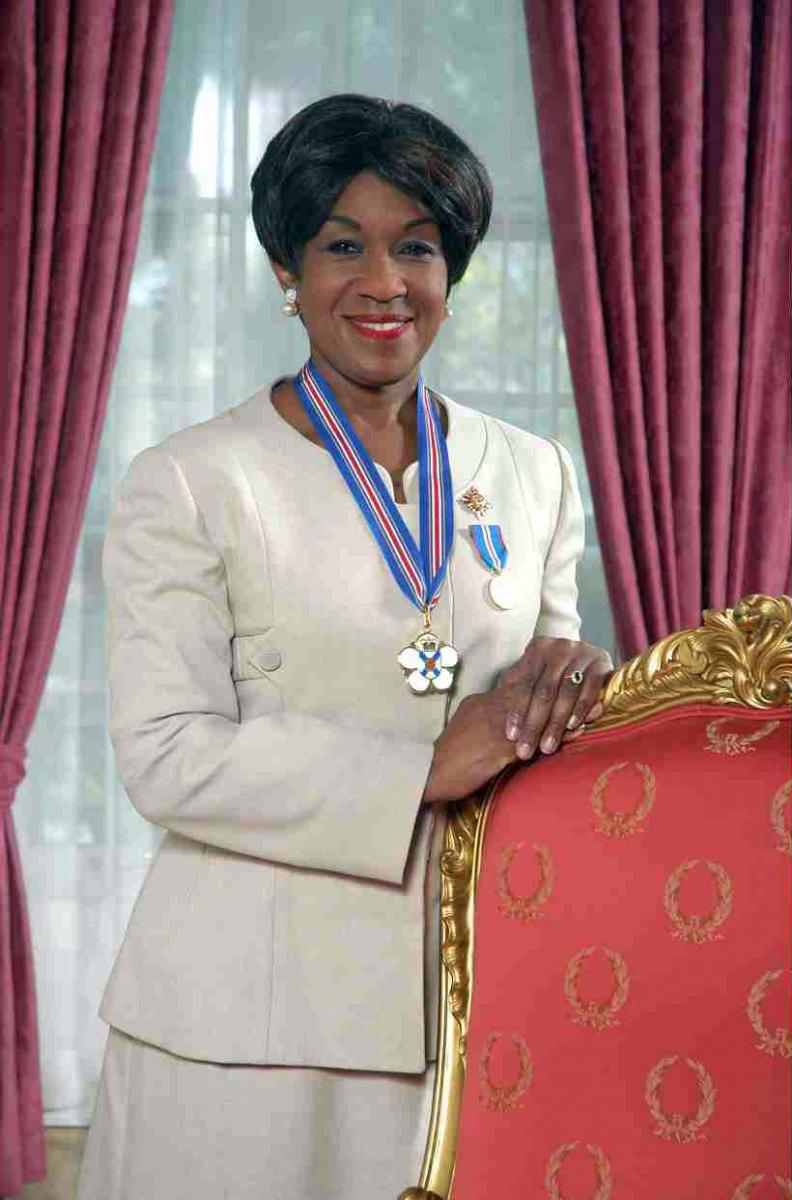 |
Mayann Elizabeth Francisb. 1946 (Source) Born in Sydney and raised in Whitney Pier, Mayann Francis is an accomplished civil servant and human rights advocate, acting as the 31st Lieutenant Governor of Nova Scotia, a former CEO of the Nova Scotia Human Rights Commission, as well as the province’s first female Ombudsman. |
Senator Dr. Wanda Thomas Bernard, O.C., O.N.S.b. 1953 (Source) Wanda Thomas Bernard is a Nova Scotia-born former social worker, and the first person of African ancestry to attain an academic tenure position and become a full professor at Dalhousie University. She has received national recognition for her commitment to advancing anti-oppression, diversity and inclusion and was appointed to the Canadian Senate in 2016 where she would support the official recognition of Emancipation Day in Canada.
|
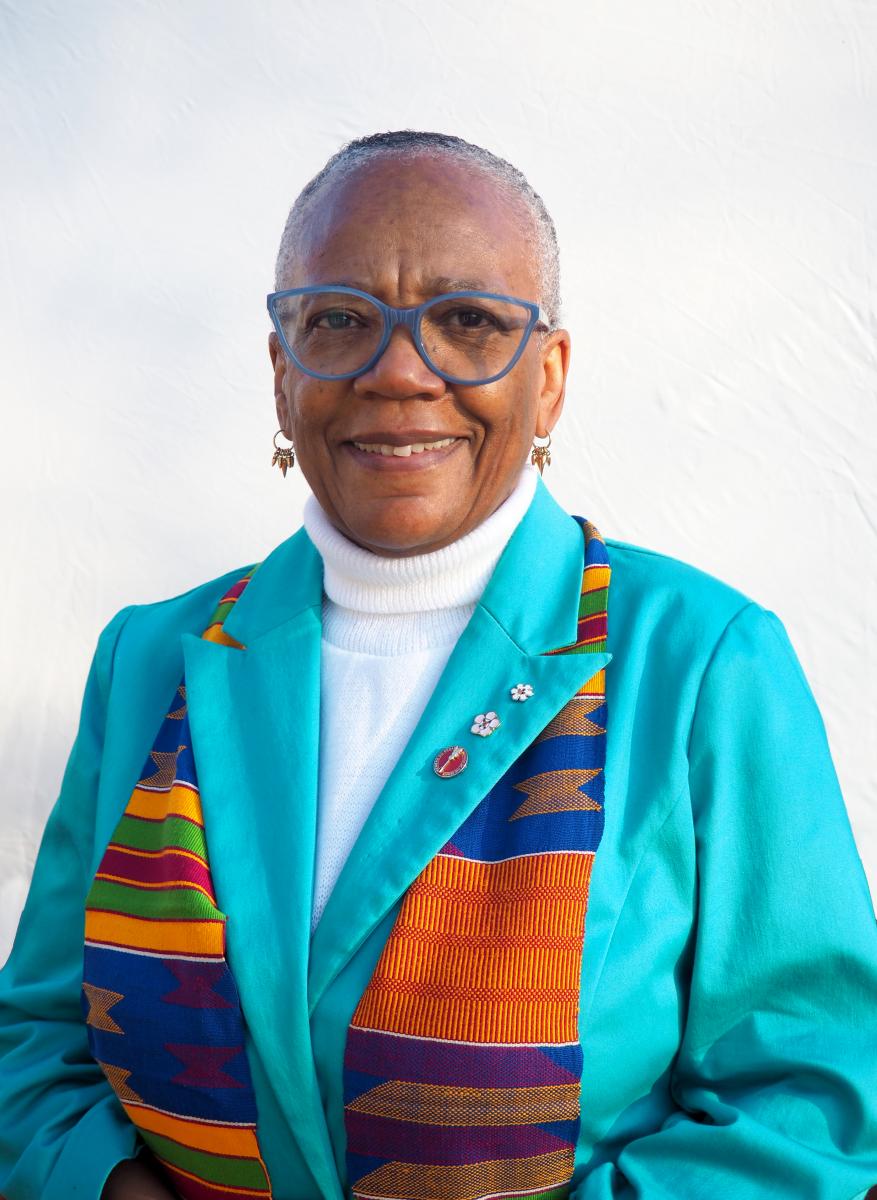 |
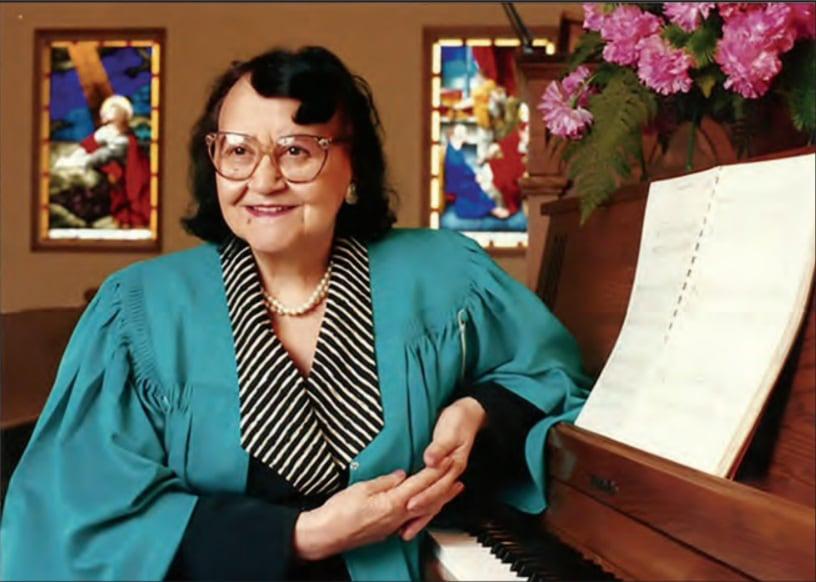 |
Perleen Oliverb. 1917 – d. 2008 (Source) Pearleen Oliver was a Nova Scotian historian, civil rights activist, writer, educator, and church leader who co-founded the Nova Scotia Association for the Advancement of Coloured People. She spoke out against racial segregation in schools and was responsible for desegregating the nursing program at the Halifax Children’s Hospital. |
Dr. Clotilda Adessa Douglas-Yakimchuk, O.N.S., C.M.b. 1932 - d. 2021. (Source) Dr. Clotilda Douglas-Yakimchuk was a Canadian and pioneering advocate against environmental racism. She is the first person of African ancestry to graduate from the Nova Scotia Hospital School of Nursing in 1954. Her leadership and activism advocated for equity in community and within the nursing profession. Beginning in the 1960’s she stressed the importance of collecting race-based data to improve the health of Black people. She was the first Black woman elected president of the Registered Nurses Association of Nova Scotia and was central in establishing the nursing program at Cape Breton University. She founded, among others, the Black Community Development organization. Her activism led to the government’s clean-up of the Sydney Tar Ponds, one of Canada’s most recognized examples of environmental racism.
|
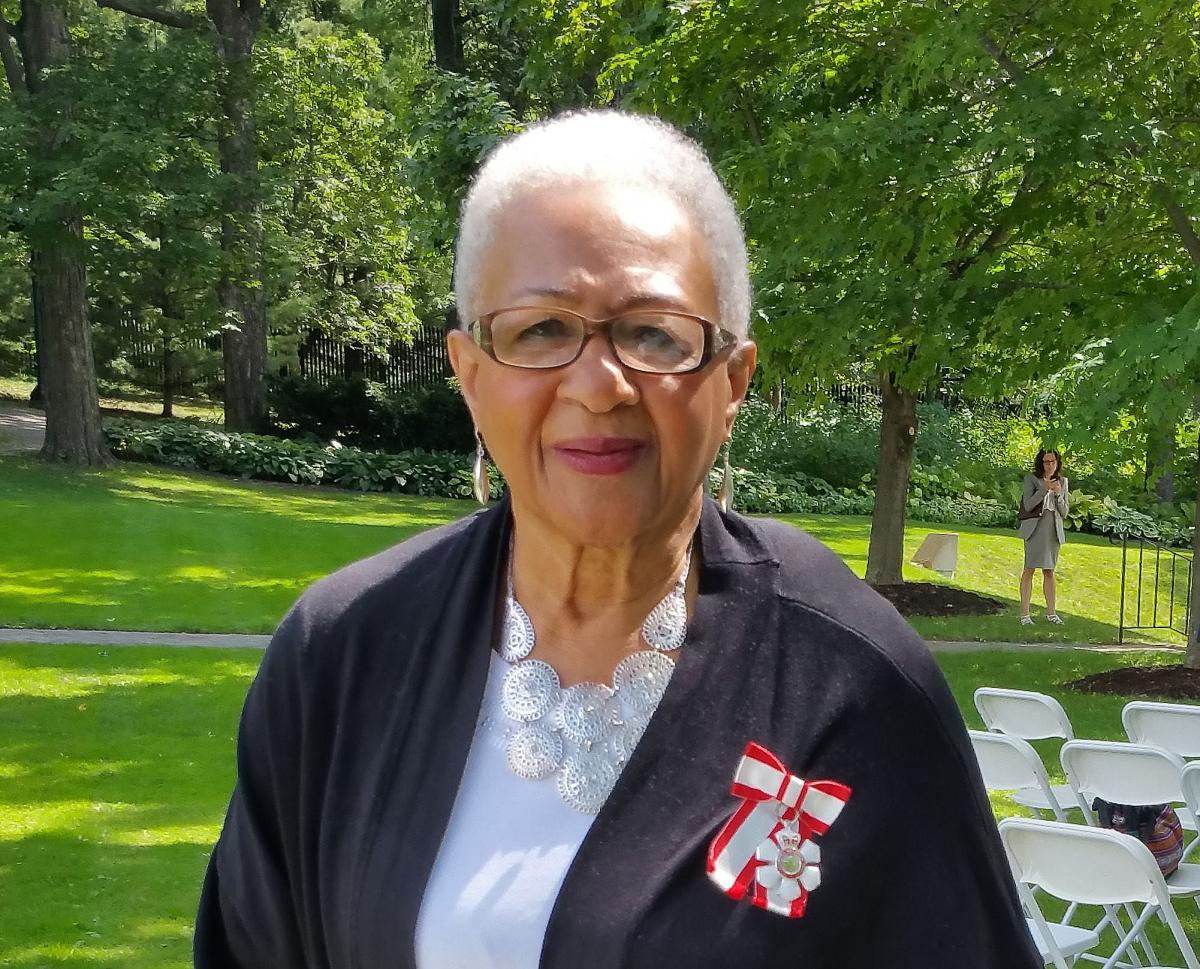 |
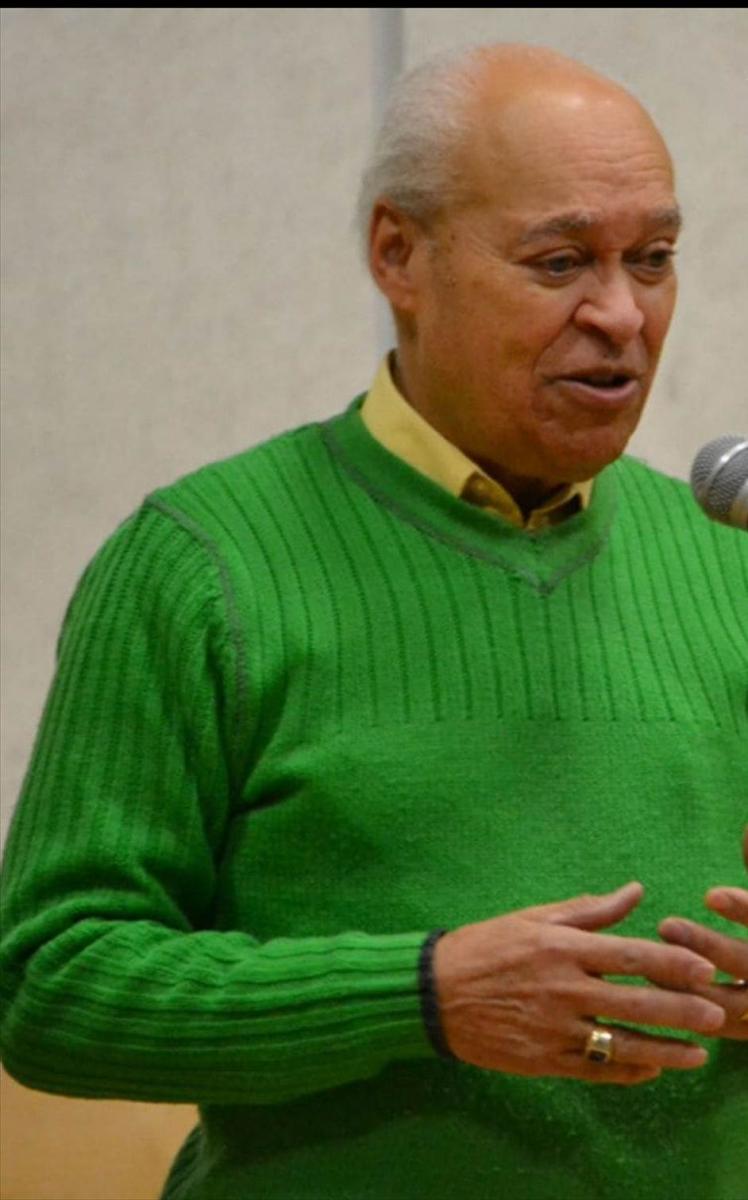 |
Dr. Gordon Sinclair Earleb. 1943 (Source) Gordon Earle served as the first employee of the Nova Scotia Human Rights Commission as Chief Human Rights Officer wherein he drafted the province’s first Human Rights Act. A senior civil servant, Earle also held the positions of assistant to the Ombudsman in Nova Scotia and became Canada’s first Black Ombudsman when he was appointed Ombudsman in Manitoba in 1982. He was appointed Nova Scotia’s first Black Deputy Minister and would go on to become the first Black Member of Parliament elected in Nova Scotia. He successfully advocated for a public inquiry into abuse at the Nova Scotia Home for Colored Children and he was one of the first to call upon the federal government to apologize for the racist treatment of No. 2 Construction Battalion members during and following their service in the First World War. |